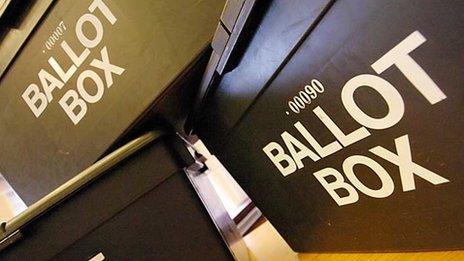'Not enough' women in Guernsey public life, support network says
- Published
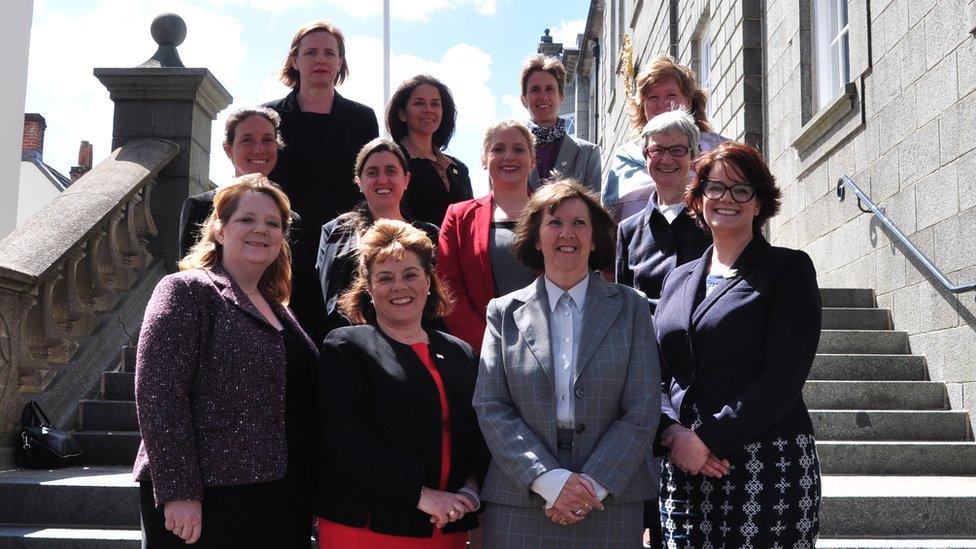
Twelve female deputies were elected in 2016 after a States-led initiative to increase the proportion of women
A new support network aimed at encouraging women in Guernsey to get involved in public life has launched.
Currently, 32% of States deputies, 21% of douzeniers, 20% of constables and 27% of jurats on the island are women.
Women in Public Life chair Shelaine Green said they hoped to "inspire and support" women to run for key public roles.
"There are some amazing women in public office, but there just aren't enough of them," she said.
In the build up to the 2016 general election, the States organised a single-day course to encourage more "women of high calibre" to stand.
This came after figures published by the Inter-Parliamentary Union in 2014 showed Guernsey had a lower percentage of female representatives than Iraq, Afghanistan and North Korea.

Female representation in numbers:
At the 2016 general election, 12 female deputies were elected out of 38 total, with 19 of 81 candidates being women
This was a significant rise from the five out of 45 returned in 2012, where 12 candidates out of 78 were women
Of the 126 douzeniers of the 10 parishes, 26 are female
Four of the 20 parish constables are women
Six of the island's 22 jurats, who function as jurors in legal cases, are women

Ms Green said it was not a problem of getting elected, as women were "just as likely" to be appointed as men if they put themselves forward.
She said: "The problem is not enough women come forward in the first place.
"You cannot appoint someone whose talent you have not seen."
A lack of female representation means "women's voices are not being heard" in key decisions made about Guernsey, Ms Green added.
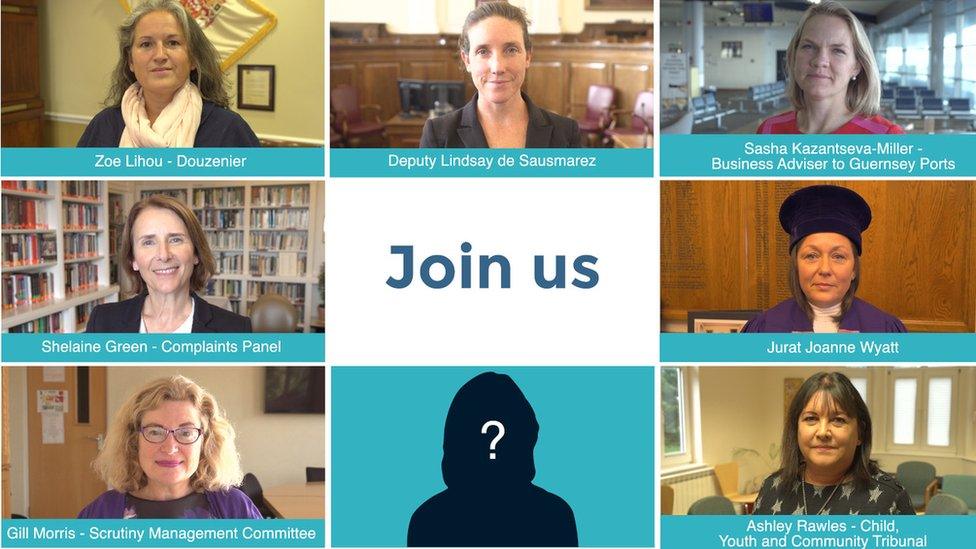
The network said it aimed to support women to stand for a variety of roles in public life
One of the principle objectives of the organisation is to make sure women have necessary details about how to apply for roles available to them.
Ms Green said: "Both women and men don't know about these roles and they don't know about how you go applying for them."
They have set up a website and collated all the information for prospective candidates there, external.
This includes interviews with women who currently hold public roles talking about their experiences.
- Published12 December 2019
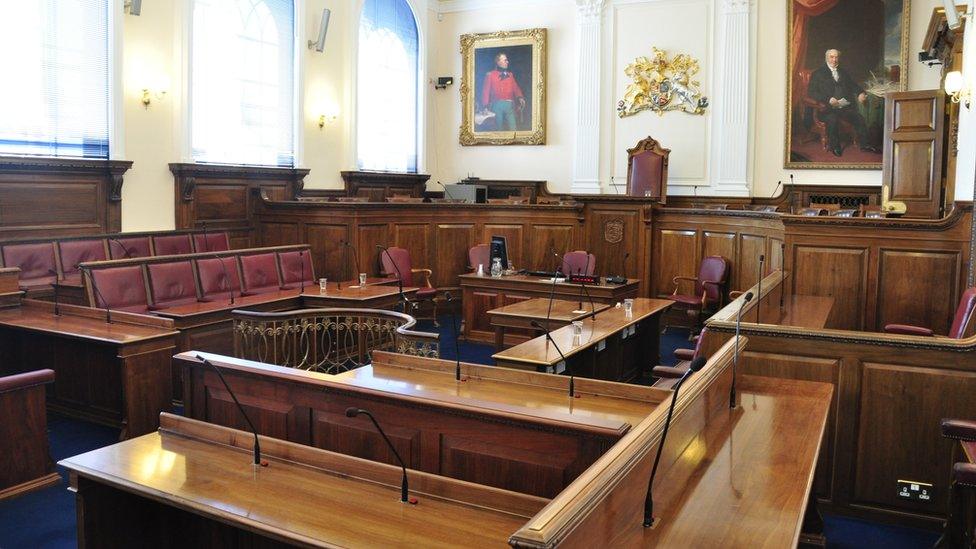
- Published2 December 2019
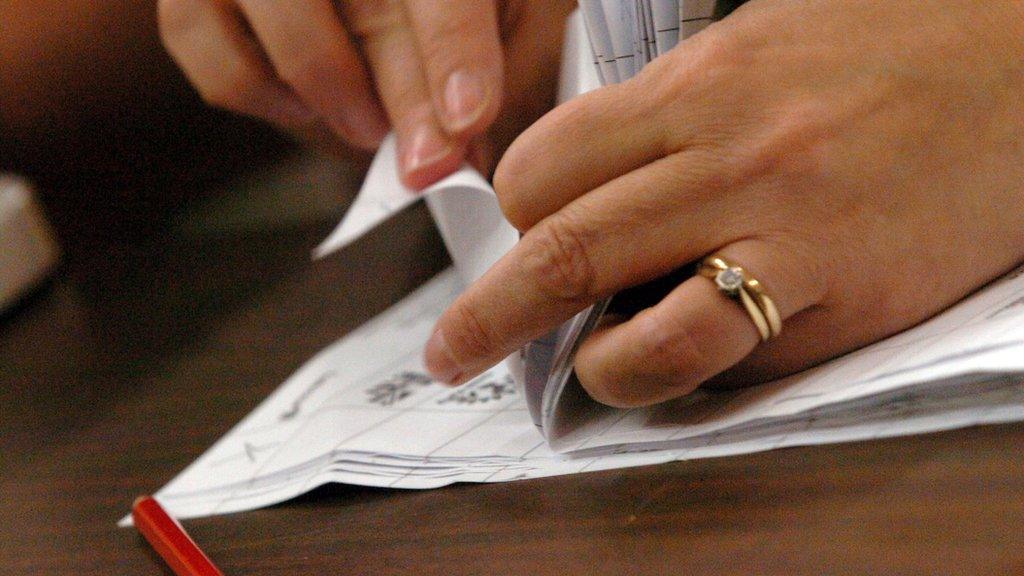
- Published11 November 2019
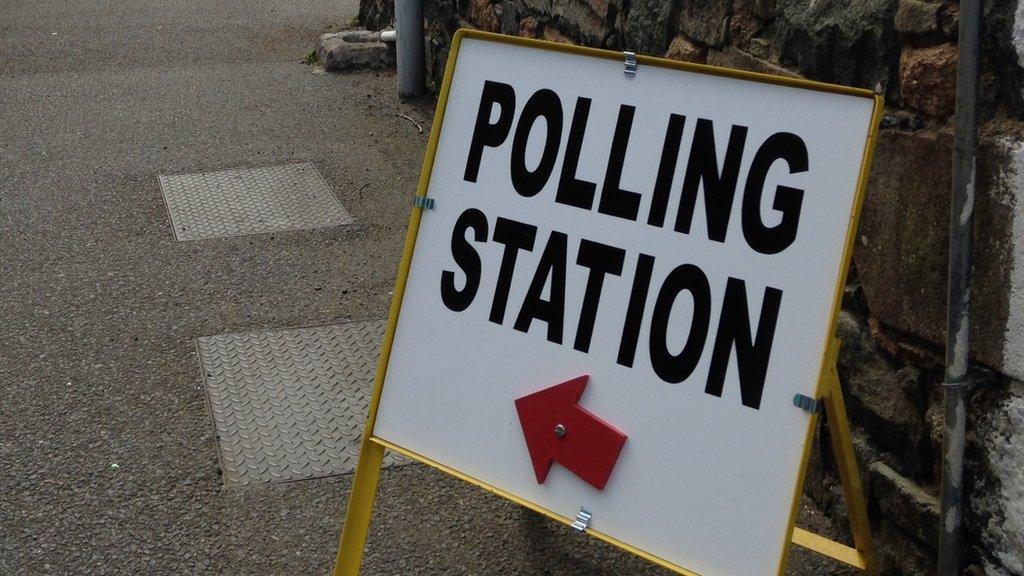
- Published27 May 2016
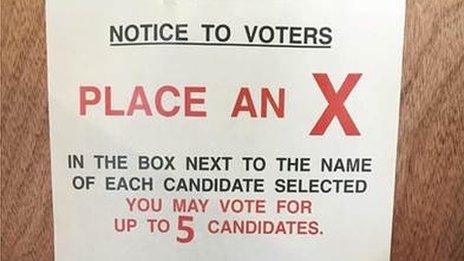
- Published14 May 2014
